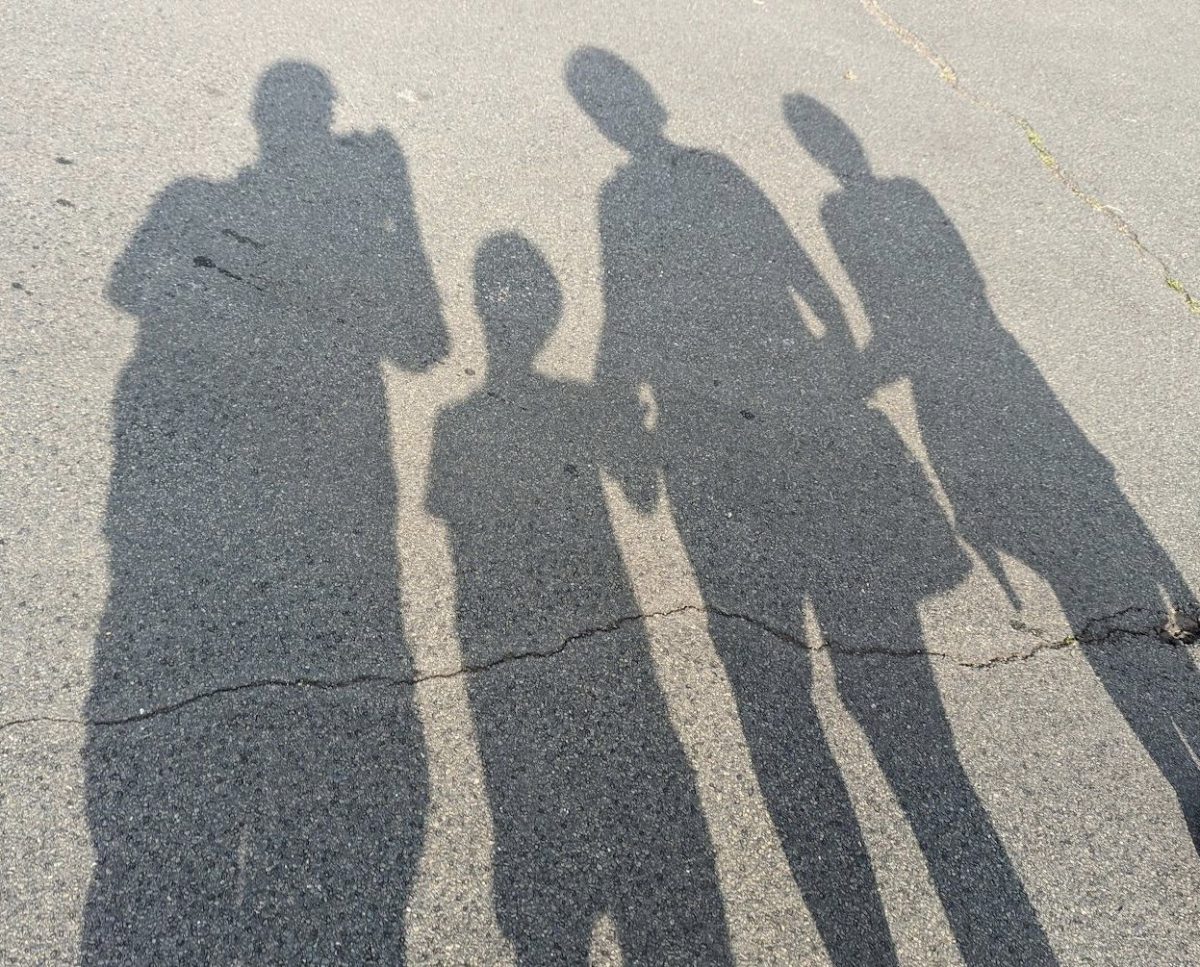
I’m a dad based in the UK and my 8-year-old son Thomas has severe autism and global delay. He’s non-verbal, still in diapers, and attends a school dedicated to children with special needs. He’s a lovely and happy little boy, but has very little understanding; next to no communication; no sense of danger/self-awareness; and needs constant supervision when awake.
His sleeping has always been problematic, and I have been to numerous sleep courses in an effort to help him. Unfortunately, most of these do not help when the focus is on ‘getting your autistic child to sleep, not on keeping him asleep. He’s been prescribed melatonin; however, because he can’t swallow the slow-release tablets, we mix the powder in yogurt, and I suspect this negates any benefits in keeping him asleep due to the faster metabolization rate.
Thomas has a consistent bedtime routine: bathe, brush his teeth, pajamas, and slumber-sac (https://www.slumbersac.co.uk/). The slumber sac serves two purposes — to keep him warm (as he won’t sleep under a duvet) and to stop him from getting to his diaper. After this routine, he heads into his room and *usually* goes to sleep within 30 minutes. We provide a lava lamp for ambient lighting and mild sensory stimulation; the room is fully padded so that there is nothing for him to hurt himself on, air conditioning (as we cannot leave the door/window open when it’s hot), and a baby monitor so we can see/hear him.
We do not ‘lock’ Thomas in his room; however, his door handle is at my head height, 5’11” and he is currently unable to reach it. This is due to elopement concerns that many parents of autistic children have to contend with. At some point, he will be able to reach the door handle, and we will have to do something else to keep him safe. In the same way that your newly crawling/toddling infant sleeps in a cot so that they can’t roam your house freely while you sleep, Thomas requires constant supervision because he would be a danger to himself and others. If he was free to leave his room whenever he woke up, I don’t think my wife or I would ever be able to sleep again! Anyone with strong opinions on this is welcome to offer up a better idea or (even better) is welcome to babysit overnight.
I understand that when you have children you are signing up for some sleepless nights, particularly in the first few years; however, once it became clear to us how severe Thomas’s situation was, I started tracking his sleep patterns. I wanted to be able to describe the situation from a statistical, data-driven and quantitative perspective, not just an emotional “I’m so tired” perspective.
In recording his sleep, I tracked the following:
Was it a *bad* night or a good night? It is a bad night if he disturbs us between midnight and 5 a.m. – and that’s an important baseline. On a GOOD day, I am woken up no earlier than 5 am. And how long was he awake?
The result show:
– in the last 1572 nights (4.3 years, give-or-take), there have been 508 bad nights and 1064 good nights.
– that’s 32% – so one night in 3 has been disturbed.
– he’s woken up between 4 and 5 a.m. 127 times
– he’s woken up (and stayed awake) before 4 a.m. 110 times
– he’s woken up for a period of time overnight and then gone back to sleep 271 times —- and when he wakes up overnight, the average duration he stays awake for is 2 hours 15 minutes. Usually, when he’s awake overnight, one of us goes in with him and sort-of-semi-snoozes in his room just to make sure he isn’t trying to get into his nappy and isn’t climbing on the window-sill.
– it’s spread evenly across days of the week
– there’s no obvious seasonal pattern. May is the worst month, with a 39% chance of disturbance, compared to February’s 24%. All the other months are somewhere between these.
Part of the challenge is that if he does wake up in the middle of the night, then he’s had 3-6 hours of sleep – a perfect little power nap! And there’s no way to communicate to him that he should go back to sleep so that we aren’t all wrecked for the next working day. When he is awake — if he’s being particularly noisy with his happy babbling — I’ll get him up out of his room and take him downstairs to the family living room so that he doesn’t wake up his mother or his sister.
We’ve also struggled to identify why he wakes up in the middle of the night with potential causes being: Too hot? Too cold? Something to do with circadian rhythms? Too light? Too noisy? The list is endless.
“This means that one day in three, my wife or I (or both of us) have had our sleep disturbed and this is set against the low bar of not being woken up before 5. I’ve likened it to a state of almost-permanent jet-lag. We’re trying to hold down full-time jobs plus be good parents to our son and (neurotypical) daughter.”
This means that one day in three, my wife or I (or both of us) have had our sleep disturbed and this is set against the low bar of not being woken up before 5 a.m. I’ve likened it to a state of almost-permanent jet-lag. We’re trying to hold down full-time jobs plus be good parents to our son and (neurotypical) daughter.
I tend to get up early with Thomas, as my wife looks after him during the school holidays. On the weekends, we often take turns napping; and on a usual night, we are in bed by 10 p.m. Any temptation to stay up later, watch a late film, sit in the garden and chat with friends must be tempered by the knowledge that he’ll wake us up in 6 hours, and there’s a one-in-three chance he’ll wake us up overnight.
I definitely notice my attention span being shorter the morning after a disturbed night and thankfully my work doesn’t involve driving or operating heavy machinery. Let’s just say, we drink a lot of coffee.
Recently, we’ve managed to source some respite funding whereby we can get one of his carers to look after him overnight. The local council has said the severity of the situation means we should get one night of respite every fortnight (translation for our U.S. friends: every two weeks), but the only local facility that is an appropriate setting for him has a (minimum) two-year waitlist. As such, we will have to get one of his carers to come and stay at our house while we go somewhere else (luckily we have grandparents locally) to hopefully have a decent night’s sleep.
I’m optimistic that at some point he’ll become a teenager and the teenage ‘sleep all day’ hormones will kick in but until then, I’ll continue to drink my coffee.
This post was written by Chris. Chris is a forty-something IT professional based in the UK. He lives in the south-east of England with his wife Rosi, son Thomas (8), daughter Ella(10). Chris has many hobbies that he enjoys trying to share with the rest of the family, and he’s succeeded (thus far) at getting his daughter to like the nerdy things he does (superhero comics and films, star wars, board games, video games, model painting and playing musical instruments). Before children, Chris and Rosi would be regulars at the local salsa dance club, shimmying the night away.
This post was originally featured on the National Council for Severe Autism Blog.
